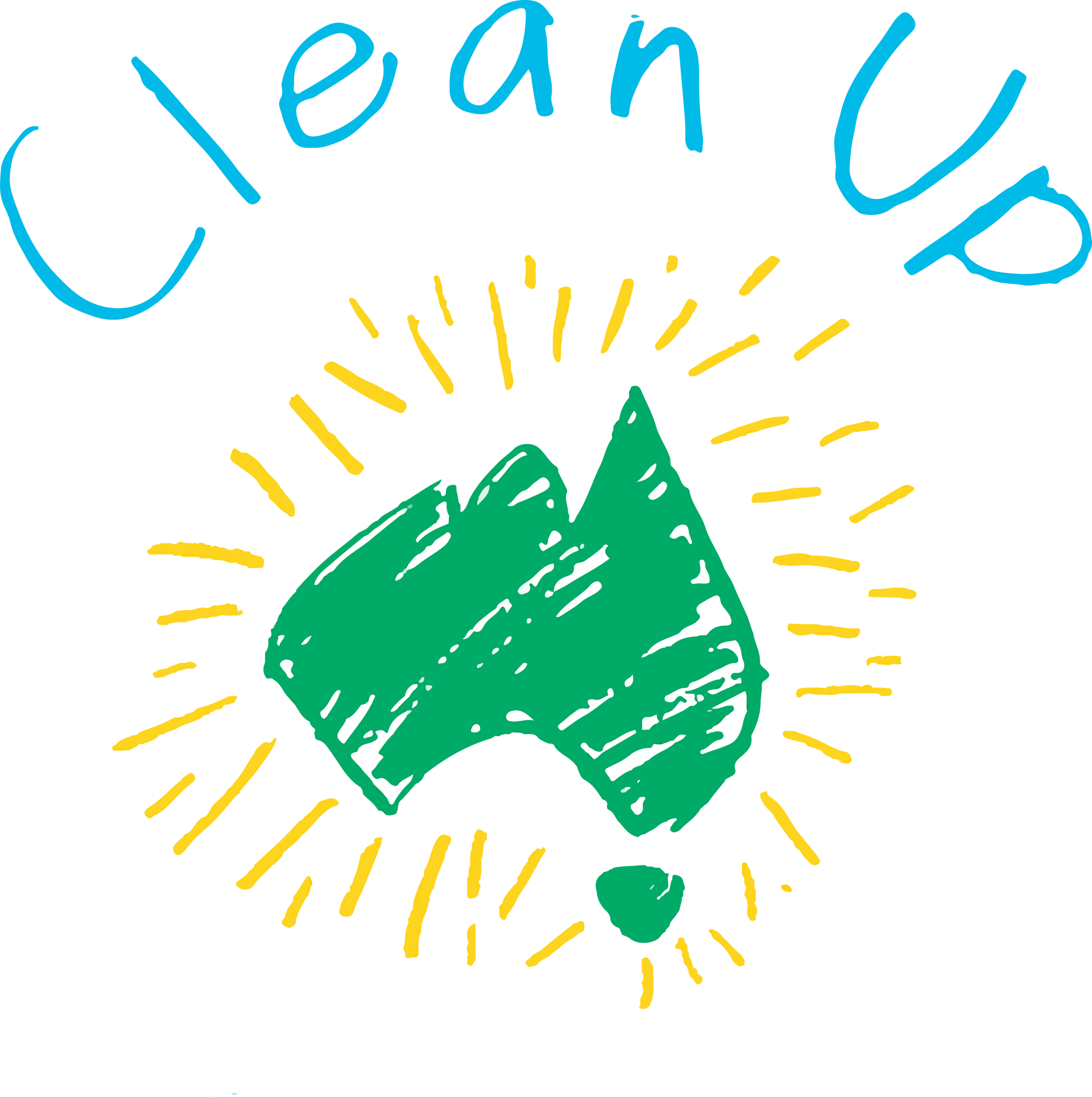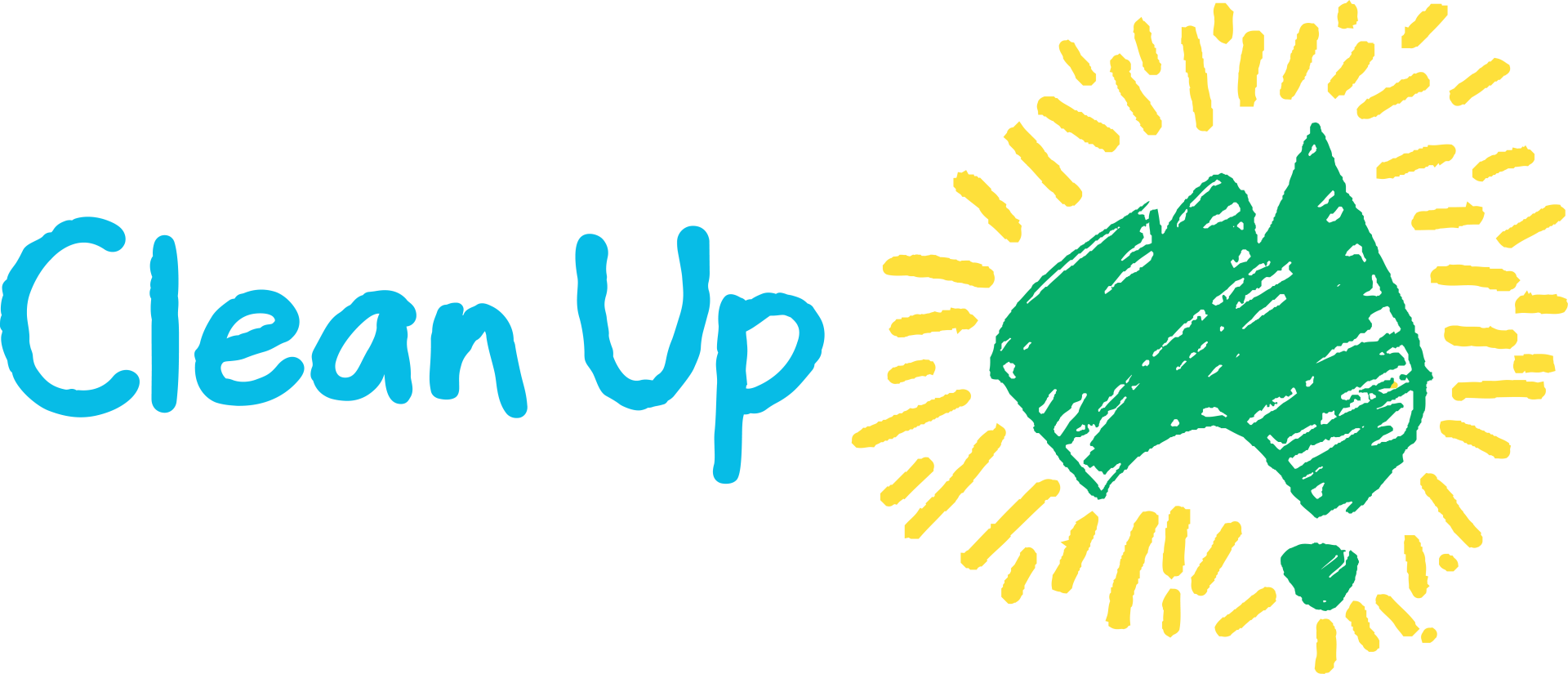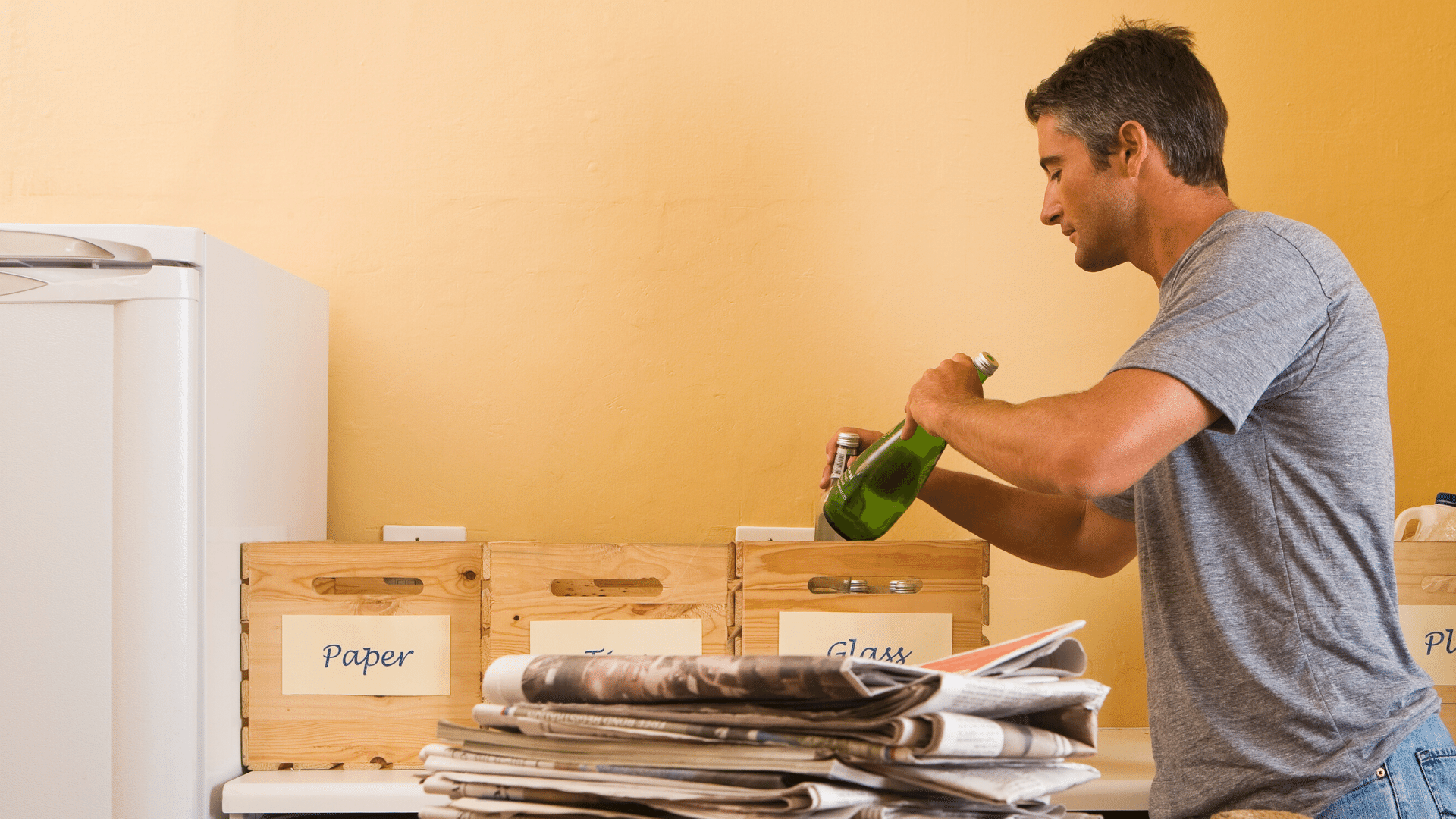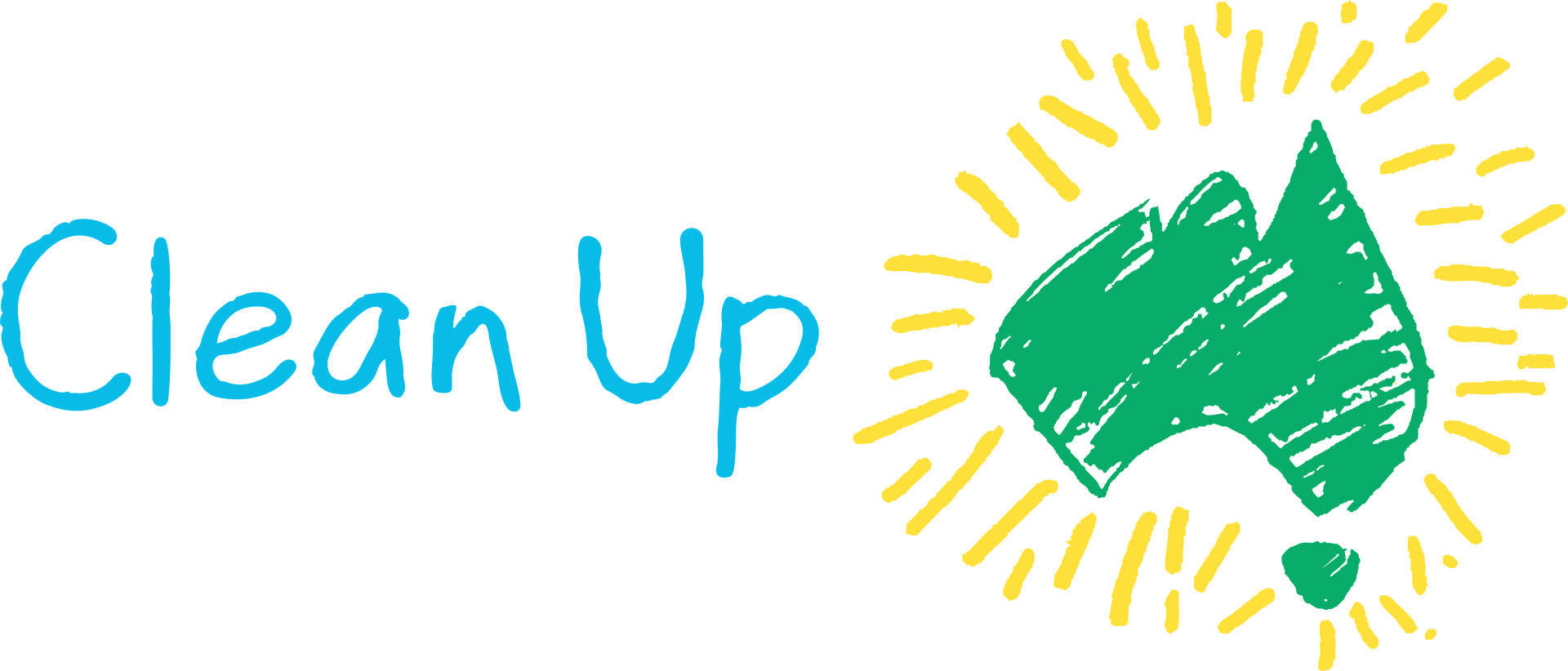Why Buy Recycled?
We need to start prioritising products with recycled content.
Australians are great
recyclers. We love to separate our waste, even if it frequently challenges us.
Coffee cups? Lids on or off? Pizza boxes?
But until recently most of us did not think about what happened after we put our used stuff in the recycling bin. But then China refused to be a dumping ground for our waste. Most of the countries in South East Asia followed suit. We were confronted by piles of material we thought was to be recycled. It was initially stockpiled, and then in some cases, went to landfill.
More recently, the Australian Government has set a timetable for phasing out the export of waste. This means that we need to start processing it here. One of the drivers for this will be demand for new products made from our old stuff. This includes what we put into our kerbside recycling bins, soft plastics recycled via supermarket collections and materials recycled by businesses. Much of this waste comes from packaging. This can be recycled into more packaging or into something different. Paper and paperboard (includes thick paper and cardboard) is relatively easy to recycle and in 2017-18 63% was recycled.
How easy is it to recycle different types of waste?
Glass has excellent recyclability and can be recycled into more bottles or jars. However, many of our products are imported already in their bottles or jars so supply exceeds demand. Excess glass can be crushed and used as a replacement for sand in construction works. This reduces the need for quarries and hence helps to protect our natural environment.
Metal packaging (both aluminium and steel cans) are also easy to recycle. Once processed these materials are indistinguishable from the virgin materials. Hence, there is plenty of demand for the product.
Plastic is a different story altogether. Some plastics have good recyclability, for example PET (think soft drink bottles). There are existing processes for recycling PET and HDPE (milk bottles and some other hard packaging) in Australia and turning these back into packaging.
One of the most challenging plastic streams is soft (flexible) plastic. This is collected by REDcycle at supermarkets. Although these plastics are all flexible they are not all made from the same type of plastic. Some even have a thin layer of aluminium. Hence, with current practical recycling processes this can not be made into new packaging.
However, lots of useful products can be made from soft plastics and other mixed plastics. These products are mostly used by businesses and government. Replas in Melbourne makes bollards, wheel stops and sturdy outdoor furniture.
What can businesses and individuals do to help?
Individuals can look for household items made from recycled materials and product packed in recycled materials. For more ideas on this see our Buy Recycled web page. It is important to support businesses using recycled material so that they know this is important to us.
There is currently not enough demand for recycled material to drive the expansion of our local industry.
As Trevor Evans, Assistant Minister for Waste Reduction and Environmental Management, said at a WMRR waste management seminar, there is a demand side challenge – we all (businesses, government and individuals) need to start prioritising products with recycled content.
Businesses and all levels of government need to look at their procurement policies. Minister Evans also said that price was not usually the problem. The use of recycled material often saves money. Rather, he said, inertia is often a bigger issue. It is easier to do what we have always done.
So, will you take up our challenge to dare to be different?
And tell us about it!
Wendy Chapman is the Business Development Manager at
Clean Up Australia. She is passionate about helping individuals and businesses take the lead on
sustainability issues.
Video Resources
The Pull Through Effect 1:30 minute video from Replas
The Circular Economy 2:48 minute video from Replas
The Circular Economy: A Simple Explanation. 13 minute TEDx talk
The Circular Economy 2:21 minute video from the Ellen Macarthur Foundation
Search for other blog topics:



